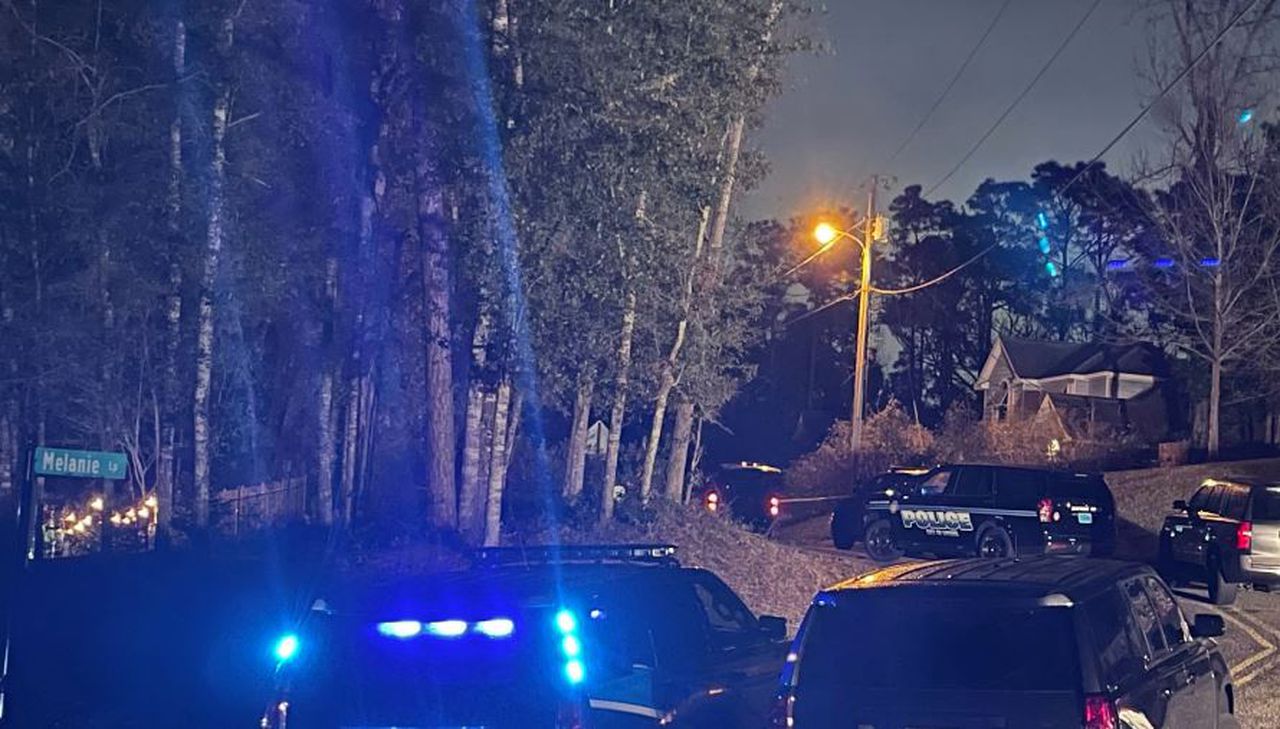Alabama grandparents would be added to domestic violence law in bill inspired by 4 murders
A lawmaker wants to add grandparents to the list of victims for domestic violence to provide them additional protections when living with their children.
HB 76, sponsored by Rep. Matt Simpson, R-Daphne, would place grandparents on the list of potential victims of domestic violence, along with spouses, children, household members and dating partners.
“It doesn’t complicate elder abuse laws or anything like that,” he said. “This is just adding grandparents to the domestic violence laws so that way we can use the domestic violence statutes as we need to protect individuals.”
Messages seeking comment were left with the the AARP and the Alabama Department of Senior Services.
Simpson said the bill emerged from a recent case in Daphne, where a 21-year-old man has been charged with capital murder in the deaths of four people, including his grandparents.
Jared Smith-Bracy is accused of killing a brother, a family friend and his grandparents, with whom he shared a house. According to police, Smith-Bracy was arrested on Feb. 22 on what police described as a misdemeanor charge of criminal mischief, but was released on bond. He returned to the house, where the killings took place.
Simpson said current law applies to people living in the same household, but only if the two parties are involved romantically. A court cannot issue an order of protection, he said, if the victims were grandparents.
“The issue was, with domestic violence cases, they could also put a no-contact provision to help keep everyone away, to get people to cool off, and not have him go back to that home,” Simpson said. “But because grandparents are not listed in the domestic violence laws, they couldn’t put that in there.”
Alabama’s domestic violence laws currently put the crime in three separate classifications, from a Class A felony punishable by up to 99 years in prison when the violence includes assault or burglary with a deadly weapon, to a Class A misdemeanor punishable by up to a year in jail for menacing, harassment or criminal trespass. A person who violates a protective order can face a charge of domestic violence in the second degree, a Class B felony punishable by up to 20 years in prison.
Simpson said law enforcement could only charge Smith-Bracy with criminal mischief because grandparents are not on the list of potential domestic violence victims. An order of protection, Simpson said, could have been issued to Smith-Bracy’s grandparents in that situation.
Simpson added that elder abuse laws would not apply in every case involving grandparents because the victim must be at least 60 years old.
“I think in the society that we live in now, grandparents are often the primary caregiver,” Simpson said. “They should not be left out of a domestic violence situation in case we have a repeat of that down here.”
